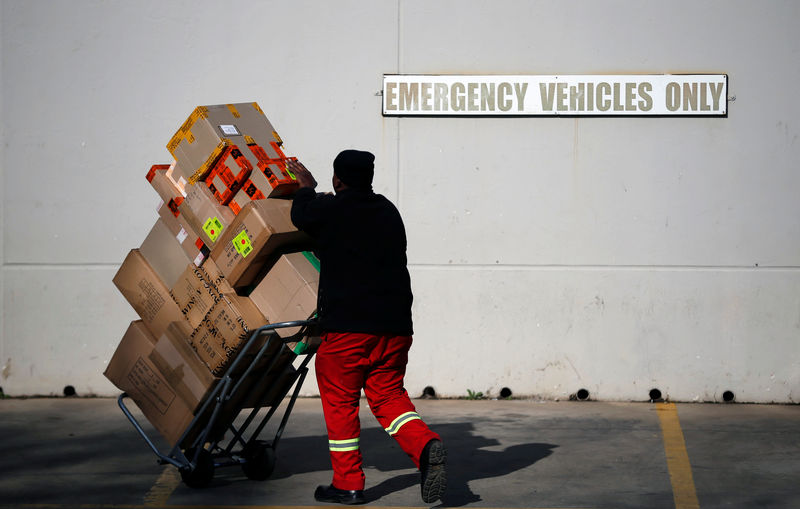
South Africa’s Business Confidence Improves for First Time in Two Years
South Africa’s business confidence improved for the first time in two years, a survey showed on Wednesday, owing to a recovery in residential activity and on expectation of a good shopping season for retailers. The Rand Merchant Bank (RMB) business confidence index (BCI), compiled by the Bureau for Economic Research, was at 26 points for […]

South Africa’s business confidence improved for the first time in two years, a survey showed on Wednesday, owing to a recovery in residential activity and on expectation of a good shopping season for retailers.

The Rand Merchant Bank (RMB) business confidence index (BCI), compiled by the Bureau for Economic Research, was at 26 points for the fourth quarter. In the third quarter, BCI hit a two-decade low to 21 points.
Confidence among retailers was also boosted by sales of durables, while residential activity recovered after three quarters of weakness.
However, a large majority of the survey’s 1,800 respondents in South Africa showed signs of pessimism.
“For us to convincingly conclude that the long and persistent downturn in the RMB/BER BCI has bottomed out will take, not one, but several quarters of improvement in sentiment driven by a consistent recovery in underlying activity,” Ettienne Le Roux, chief economist at RMB, said.
The survey comes close on the heels of an IMF warning on the country’s fiscal position and ratings agency S&P Global downgrading the outlook on its credit rating to negative.
Since taking over in early 2018, President Cyril Ramaphosa has been trying to stimulate economic growth by winning back foreign investors, easing policy log-jams and reforming cash-guzzling state firms, particularly power utility Eskom, which relies on government money to stay afloat.
However, his plan to split Eskom into three entities, seen as a centrepiece of economic reforms, has struggled to get off the ground.
A new chief executive officer for Eskom was appointed last week and the government has pledged to give the company more than 100 billion rand ($6.80 billion) in bailouts over the next two fiscal years.
(Reporting by Pushkala Aripaka and Noor Zainab Hussain in Bengaluru; Editing by Arun Koyyur)
